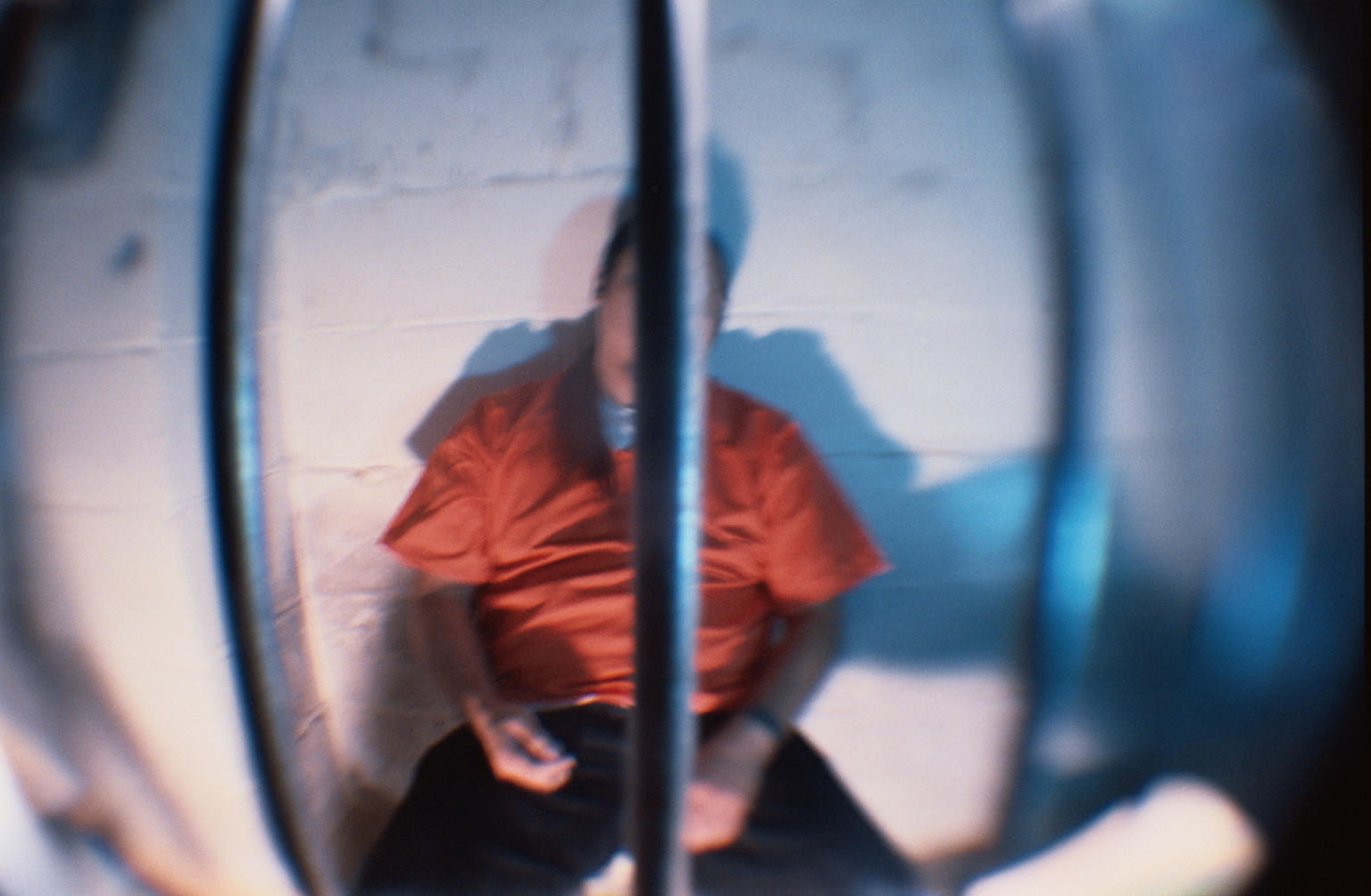
Mental Health America staff and executive portraits, photographed on location at the MHA offices, Alexandria, Va.,
(7-4-16) This is the second analysis of Rep. Tim Murphy’s mental health reform legislation that could be voted on as soon as tomorrow in the House.)
AN OPEN LETTER TO ADVOCATES ABOUT THE MURPHY/JOHNSON BILL
BY DEBBIE PLOTNICK, MENTAL HEALTH AMERICA
Dear Fellow Advocates:
It’s time to step back and take some credit. Acknowledge that your efforts have made a significant difference, even though no one has gotten everything they’ve wanted. But your efforts have had very positive results. Then gather your strength to not only beat back more of what you don’t want, and what you find hurtful, but also to fight for more of what you know is true and right, and for what you do want.
Look closely at where things are presently, not only where you wish they were, and just how far they have yet to go. Stop and really assess, don’t get stuck on where things were. Look at pending legislation in terms of existing law and regulation, and then think about what has the potential for good, as well as for bad. But most importantly, and hardest of all, is look beyond personalities and propaganda. Follow your own good counsel to present. Be in the here and now as you fight for what you passionately believe should come to pass (no pun intended).
What follows is detailed and nuanced. I respectfully ask you to please read it and then critically weigh what you think, and consider how you’d like to proceed. Maybe something will change, maybe everything will change, and maybe nothing will change. But it is my sincere hope that by reading this you’ll have a better understanding of where things are now, how they got there, and the important role advocacy has played, and can still accomplish.







